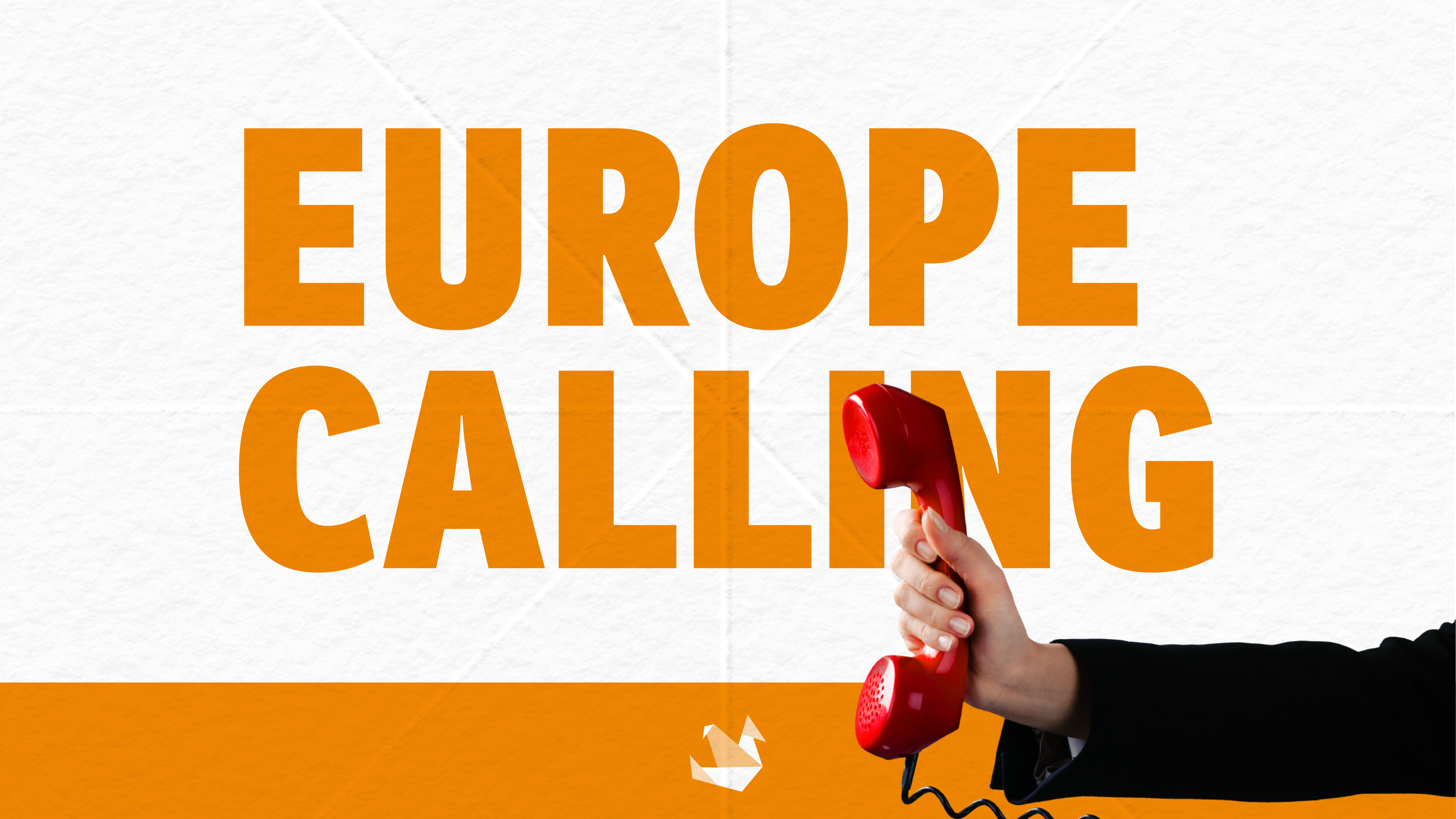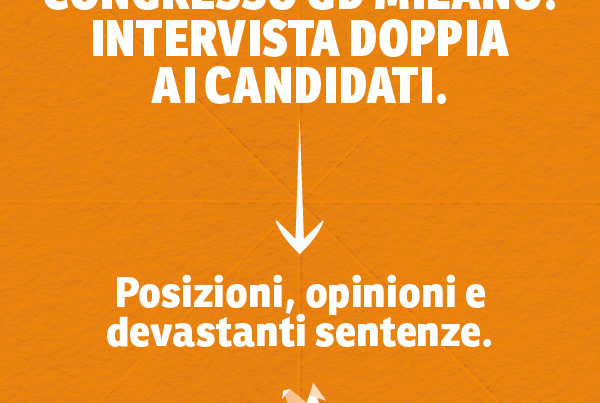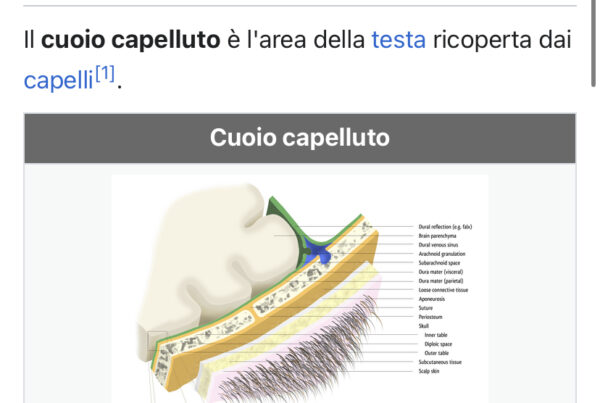359 million Europeans will cast their vote in the upcoming elections. In a highly challenging scenario characterised by international instability, growing authoritarianism, economic downturn and environmental crisis the PES faces a difficult election. We got in contact with the representatives of many different European Youth Wings to discuss the future of the Union. That’s how EuropeCalling, a column run on the blog of GD Milano, was born. Listen today to the voices of our comrades over the continent and read our other articles.
Today, we begin our journey with Spain, we are deeply thankful to the Juventudes Socialistas de España (JSE), to their Madrid section (check them on Instagram here) and to Angie Martinez (First Deputy Secretary General for Internationalism and 2030 Agenda in JS Madrid) for their kind availability!
Questo articolo può essere letto in italiano qui
GD: How do you think Europe’s future is going to look like? Are we going toward a more integrated system or falling back into nationalism?
JES: I think the upcoming elections are crucial to answer this question. We have a great opportunity to demonstrate, especially young people, that we are a strong democratic organization that will not allow for the far-right to take us back and lose all the economic and social progress we have achieved as a Union. I do hope that we can watch the European Parliament after June 9th and see that we have succeeded in this mission and, even if we don’t, that all democratic forces unite to keep the far-right at bay.
GD: Do you think that the current European policies on immigration are just and fair? What should be changed?
JES: There is definitely a lot of work to do regarding migration policies and I think further European integration and collaboration is a huge step for doing so. For countries at the southern border like Spain, solidarity is an imperative, not an option, and allowing countries to buy their way out from the responsibility to accept their share of EU asylum seekers is something we expect can be changed in the near future.
GD: Green transition, do you that your country is managing it correctly? And what do you think can be done on a European level to further integrate the energetical supply?
JES: Spain is undoubtedly in a very good position regarding green transition and the numbers speak for themselves: it is the number four country in the world in receiving foreign investors in the green field. I expect that in the next five years, the Union puts even more pressure on companies and industry to reduce their impact on the environment and ease lower and middle classes’ own transition to a green economy, keeping and furthering the aid for families and individuals to choose greener options when it comes to transport, travel and energy.
GD: In recent years, there was a huge debate on defence, what’s your stance on a single unified European Army? And how do you think that this radical change in military strenght would affect the relationship between our countries and NATO?
JES: I think any measure towards further European integration and strategic autonomy is a good path for the Union. Mechanisms for coordination with NATO already exist as do key relations among NATO itself and Member States, so I would not worry about a separation in the short-term. I do think the EU should push for further disconnection of North American interests as the European defense policy strengthens, obviously maintaining a level of coordination, communication and cooperation that serve both continents.
GD: How does your youth wing relate to the main Party? Do you move independently or work in a strict connection?
JES: We are established as the young faction of the Socialist Party, but we are ideologically and economically independent. Nonetheless, we are represented at every party structure and we always work closely, bringing the youth perspective as a transversal point of view for all policies.
GD: Do you feel your actual organisation is connected to the European socialdemocratic tradition and to the history of the Left?
JES: Our organization has over a hundred years of history, as so does PSOE, which recently celebrated its 145th anniversary. I like to think of ourselves as a timeless referent for socialists, socialdemocrats and progressives of all ages and different backgrounds. For the past decade, I think other leftist parties have pushed us to positions we wouldn’t necessarily prioritize and I think that has been positive, as the experience of having a coalition Government in Spain for the first time in its democratic history. Especially since Pedro Sánchez’s became president our position inside the European family of progressives is better and I think our way of demonstrating how important our work is and how our ideological basis, although old in age, is more relevant now than ever, is key to this success.
GD: How should/could youth organizations coordinate at the continental level to be more decisive and effective on the different topics (also present in your manifesto)? Enter the specifics and also give us some technical suggestions.
JES: I think international relations are key for our organizations, as it promotes the exchange of different tools that can be used to face the same issues all of our organizations encounter, both at the internal level (mobilization, gaining new activists, communication and so on) and the external level. I think the existing structures already prove themselves useful in policy shaping at the European level, but I think there are topics that deserve more attention: education, affordable housing and access to a better quality of life are some of the crucial topics at the moment that I fear we are not being too direct about. Online forums to exchange ideas and reach common positions I think work really well to promote participation at every territorial level inside each country and across internal positions, so everyone can participate and not only those in charge of leading the organization.
GD: In recent years, it has become increasingly difficult to embroil our peers in active politics, do you have the same situation in your country? How do you think that we can deal with the growing indifference?
JES: I wouldn’t say political indifference is an issue: you just have to look at how university students are mobilizing across the world in defense of Palestine. We have also witnessed the huge impact of youth mobilization regarding climate change, with protests in Europe and North America that have attracted a lot of attention. From my understanding, I think young people are very committed to fight for what they believe, we just need to redirect that commitment to our organizations, showing that political activism and political parties are the most direct way to make an impact in people’s lives and change the world for the better. For that, I believe the best strategy is to be present in these kinds of protests and movements, to reach out and listen to them and try to collaborate as much as possible. I find it also important to have strong positions in these topics and communicate them in a way that other young people can relate to, which sometimes is difficult because we constrain ourselves to what we think it can or cannot be said from an institutional POV.
GD: How do you judge Ursula Von der Layen’s administration? Do you think that she dealt rightly with the difficult situations that we have faces in the last 5 years?
JES: I think the EU action in the pandemic has been crucial and an example of what can be achieved when we work together with a common goal. This and the response to the asylum seekers and migrants escaping Putin’s war on Ukraine best define what Europe is at its core: a democratic referent and the best project for improving citizens’ lives. These and many other measures that have been proved in these past 5 years are worth noting. Nonetheless, there are exceptions in which I hope Von der Leyen’s administration corrects itself in the upcoming years, the first and foremost being the Union’s reaction to the conflict in Palestine. The EU is, as of today, treating Palestinians in a different way than Ukrainians, and the same aid towards asylum seekers and refugees should be extended to them. In this regard I have to point out that Josep Borrell has been uncomparable in his defense of the Palestinians’ right to exist, but I feel like Von der Leyen and the rest of the administration could be doing so much more. Actions should also be taken regarding Member States that do not comply with civil liberties at the momet, i.e. Hungary and Poland.
GD: Our organization is currently electing its new leader. There is actually a huge and sometimes harsh debate over the rules that should be used. It can be useful, for us, to take suggestions from other organizations, how does the election process function in your organization?
JES: In this sense, we have both systems. Every comrade that wants to run for the leadership of our organization has to be backed up by a certain number of comrades. If more than one person successfully obtains enough backups, we vote in a regular election after carrying out an electoral campaign. One activist = one vote. After the election is celebrated and the results are known and publicly announced, we go over our ideological bases and internal rules in our Congress, where each territory is represented by a number of delegates that depends on its number of activists. The more activists a region has, the more delegates it brings to the Congress, always in a gender-balanced list. It is worth pointing out that the Congress also chooses the rest of the organization’s bodies, the only position that is voted beforehand and by the whole organization is the Secretary General.






